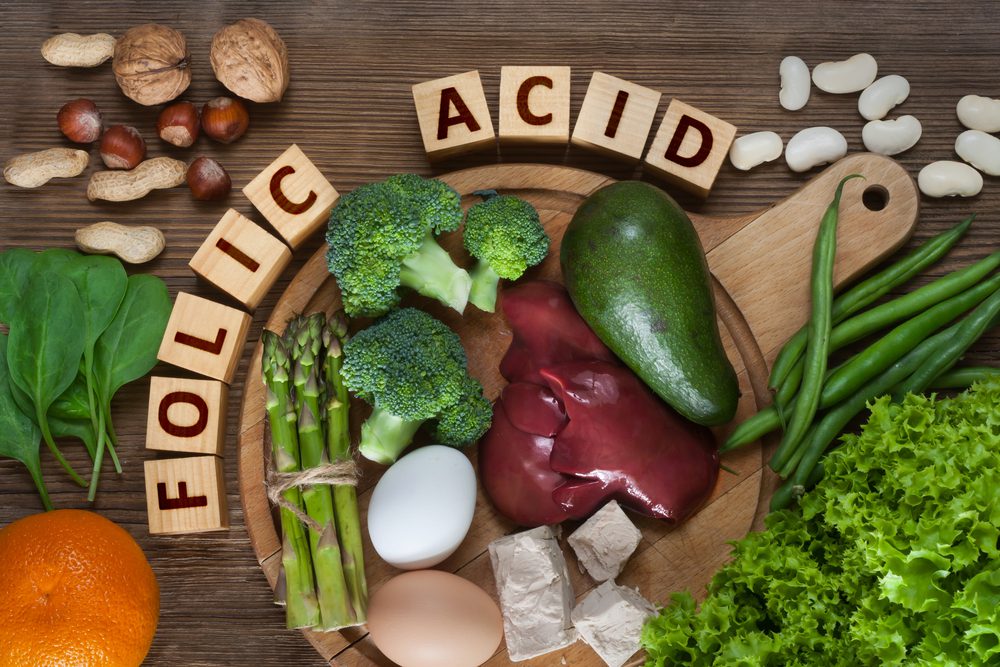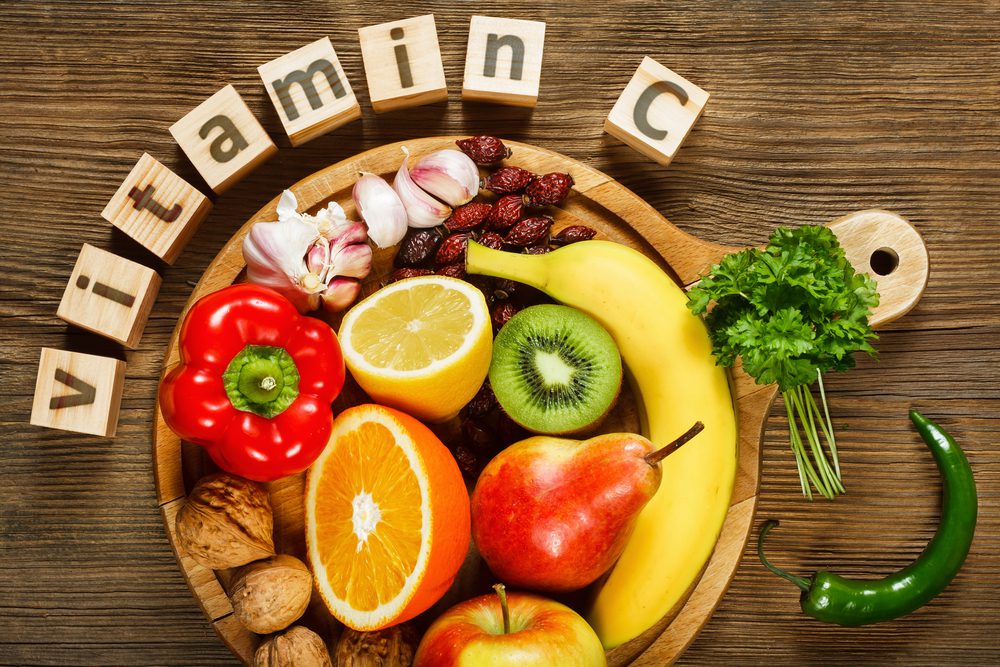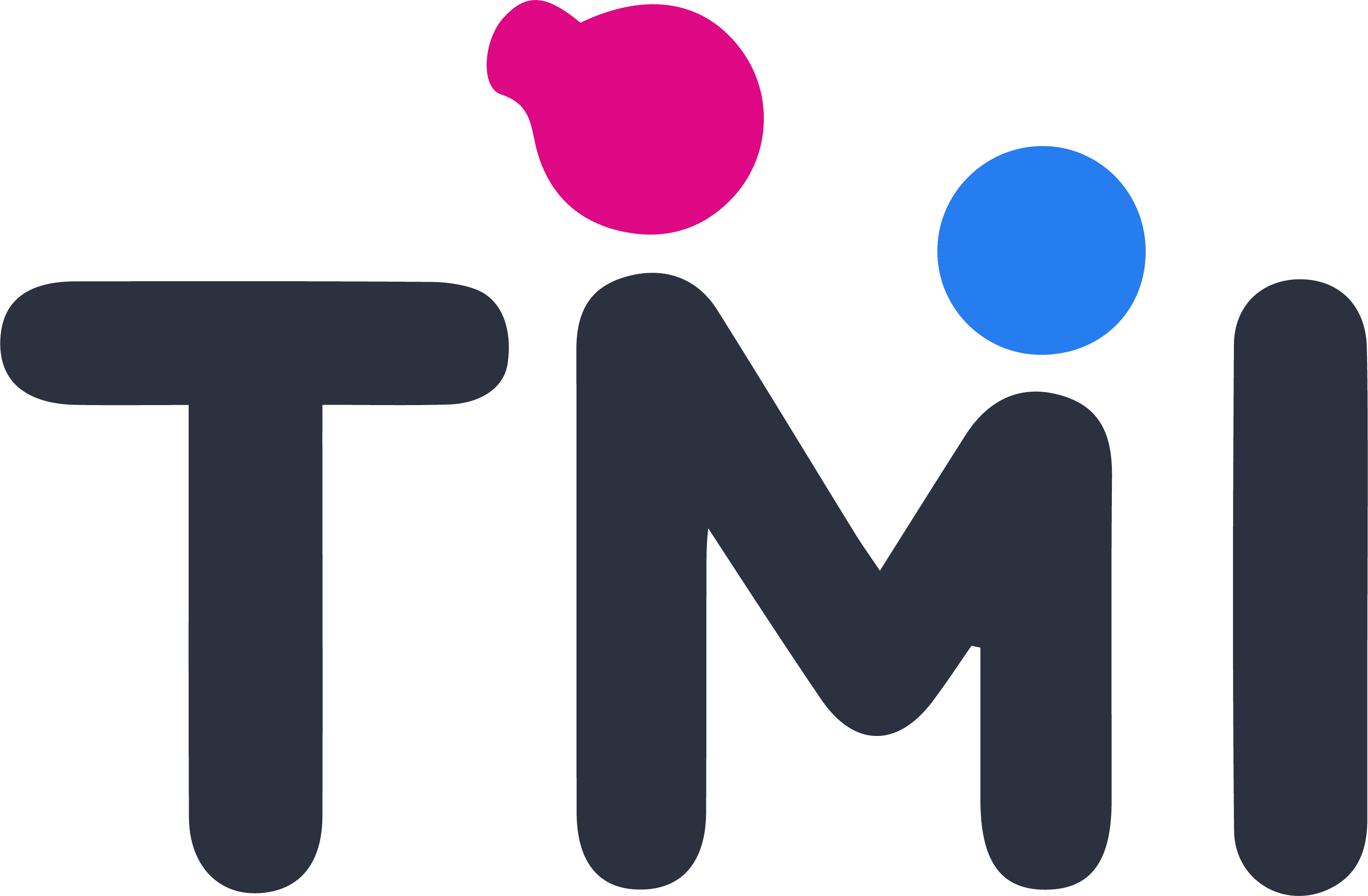Introduction:
The journey of pregnancy entails significant physical and emotional transformations. During this time, the expectant mother’s nutritional needs increase significantly to support her own health as well as the growth and development of the growing baby. In this comprehensive guide, we’ll explore the key nutrients essential for a healthy pregnancy, covering their roles, sources, and recommendations to ensure optimal maternal and fetal well-being.
Folic Acid:
Folic acid, also known as folate, plays a crucial role in fetal development, particularly in the early stages of pregnancy. Folic acid supports the development of the neural tube, which forms the foundation for the baby’s brain and spinal cord. Sufficient folic acid intake can reduce the risk of neural tube defects like spina bifida. Excellent sources of folate can be found in leafy green vegetables, citrus fruits, beans, and fortified cereals. Pregnant women are advised to take a daily prenatal vitamin containing folic acid to ensure sufficient intake, ideally starting before conception and continuing throughout the first trimester.

Iron:
Iron is essential for the production of hemoglobin, the protein in red blood cells that carries oxygen to tissues throughout the body. During pregnancy, maternal blood volume increases to support the needs of the developing baby, leading to an increased demand for iron. Iron deficiency anemia is common during pregnancy and can lead to fatigue, weakness, and other complications. Nutrient-rich foods like lean meats, poultry, fish, legumes, and fortified cereals are excellent sources of iron. Pregnant women are encouraged to consume iron-rich foods and may also require iron supplements to meet their increased needs.
Calcium:
Calcium is vital for the development of the baby’s bones, teeth, muscles, and nervous system. It also plays a role in maintaining maternal bone health and preventing conditions such as osteoporosis. Pregnant women need to ensure an adequate intake of calcium to support both their own health and the baby’s growth. Good dietary sources of calcium include dairy products such as milk, cheese, and yogurt, as well as fortified plant-based alternatives like tofu and fortified orange juice. Pregnant women should aim to consume calcium-rich foods regularly throughout pregnancy.
Omega-3 Fatty Acids:
Omega-3 fatty acids, particularly docosahexaenoic acid (DHA), are essential for the development of the baby’s brain and eyes. They also support maternal cardiovascular health and may help reduce the risk of preterm birth and postpartum depression. Good dietary sources of omega-3 fatty acids include fatty fish such as salmon, mackerel, and sardines, as well as walnuts, flaxseeds, and chia seeds. Pregnant women are encouraged to include omega-3-rich foods in their diet or consider taking a fish oil supplement to ensure adequate intake.
Protein:
Protein is crucial for the growth and development of the baby’s cells, tissues, and organs. It also plays a role in supporting maternal tissue repair and maintaining blood volume. Pregnant women need to consume additional protein to meet the increased demands of pregnancy. Quality protein can be found in a variety of foods such as lean meats, poultry, fish, eggs, dairy products, legumes, nuts, and seeds. Incorporating a variety of protein-rich foods into meals and snacks can help ensure adequate intake throughout pregnancy.
Vitamin D:
Vitamin D is essential for the absorption of calcium and phosphorus, which are important for bone health and development. It also plays a role in immune function and may help reduce the risk of certain pregnancy complications, such as preeclampsia and gestational diabetes. Pregnant women should aim to get regular sun exposure and consume vitamin D-rich foods such as fatty fish, fortified dairy products, and fortified cereals. In some cases, a vitamin D supplement may be recommended, especially for women with limited sun exposure or certain risk factors.
Vitamin C:
Vitamin C acts as an antioxidant, aiding the immune system and facilitating the absorption of iron from plant-based sources. It also plays a role in collagen formation, which is important for the development of the baby’s skin, bones, and connective tissues. Good dietary sources of vitamin C include citrus fruits, strawberries, kiwi, bell peppers, broccoli, and tomatoes. Pregnant women should aim to include vitamin C-rich foods in their diet to support overall health and iron absorption.

Conclusion:
Nourishing your body with essential nutrients is crucial for a healthy pregnancy and the well-being of both mother and baby. By prioritizing a balanced diet rich in key nutrients such as folic acid, iron, calcium, omega-3 fatty acids, protein, vitamin D, vitamin C, and others, you can help ensure optimal maternal health, fetal development, and pregnancy outcomes. Additionally, consulting with a healthcare provider or registered dietitian can provide personalized guidance and support to meet your individual nutritional needs throughout pregnancy. With proper nutrition and care, you can embark on this transformative journey with confidence and joy, laying the foundation for a lifetime of health and happiness for you and your baby.


